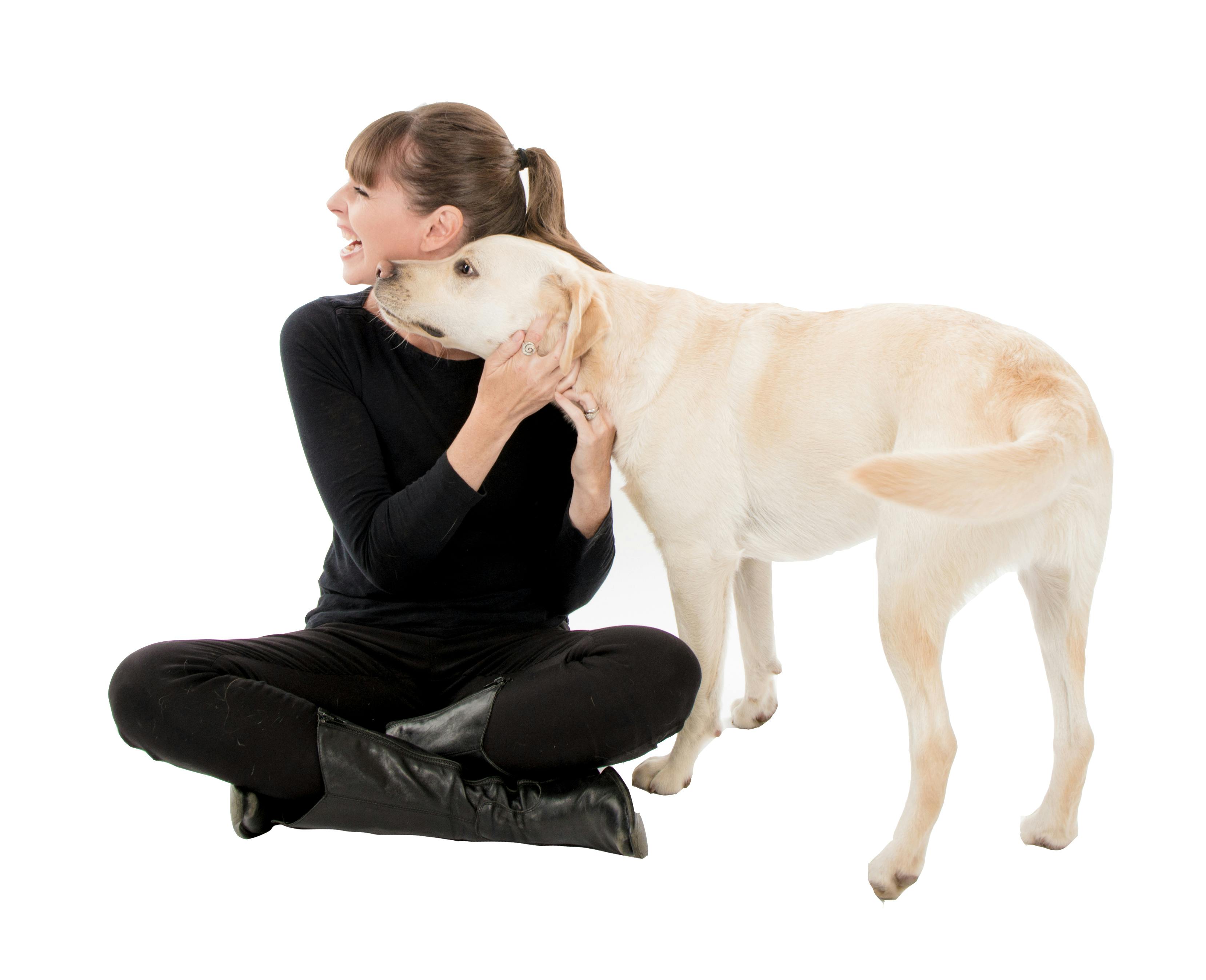In-depth puppy Training programs for a happy dog.
In-depth puppy Training programs for a happy dog.
Blog Article
Top Dog Training Tips for a Well-Behaved Companion
Training your pet to be a mannerly friend calls for a nuanced understanding of canine actions and the execution of reliable approaches. Crucial commands such as "Sit," "Keep," and "Come" offer as the structure forever manners, while favorable reinforcement methods can considerably improve knowing. Additionally, establishing a regular regular and focusing on early socialization are critical components that add to an unified connection. However, the trip to a courteous animal involves even more than just these fundamentals; it demands a much deeper exploration of techniques that can change your training technique.
Comprehending Canine Behavior
Comprehending canine habits is vital for effective pet dog training and fostering an unified partnership in between pets and their owners. Canines are intricate creatures, exhibiting a wide variety of behaviors influenced by genes, setting, and socialization. Acknowledging the underlying inspirations for a canine's activities-- such as anxiety, excitement, or territorial reactions-- can significantly enhance training performance.
Social interactions with other dogs and humans play an essential role in shaping behavior. Dogs that experience positive socialization are generally much more adaptable and courteous.

Vital Training Commands
Mastering important training commands is vital for developing effective interaction between dogs and their proprietors. These commands work as the structure for a mannerly pet dog and can dramatically enhance the general relationship in between pet dog and proprietor.
Key commands include "Sit," "Remain," "Come," "Down," and "Heel." The command "Sit" is frequently the initial shown, as it encourages peace and emphasis. "Remain" enhances a canine's capacity to remain in one position, promoting self-constraint. "Come" is important for safety and security, guaranteeing that your dog returns to you when called. "Down" instructs your pet dog to relax, which can assist in taking care of thrilled actions. Dog training near me. "Heel" shows your pet to walk along with you, cultivating better chain good manners.
Practicing these commands in numerous settings aids pet dogs generalise their training and react appropriately, regardless of interruptions. By investing time in showing these crucial commands, owners can grow an unified and respectful connection with their canine friends, improving both safety and security and enjoyment in everyday communications.
Positive Support Strategies
Positive support methods are vital techniques in pet dog training that concentrate on fulfilling preferred behaviors to encourage their reoccurrence. This method leverages the all-natural discovering procedures of dogs, allowing them to connect specific actions with favorable results. By making use of deals with, praise, or playtime as rewards, instructors can efficiently inspire pet dogs to duplicate the behaviors they intend to strengthen.
To carry out positive support, it is essential linked here to supply rewards right away after the preferred habits occurs. This helps the pet make a clear connection between their activity and the benefit. Consistency is also vital; benefits need to be provided every single time the wanted habits is shown throughout the first training stage, gradually transitioning to a variable timetable as the actions comes to be a lot more reputable.
In addition, selecting the appropriate kind of benefit is crucial. While deals with are typically efficient, some pets might respond better to verbal praise or interactive play. Recognizing your canine's preferences can enhance the training experience. Eventually, positive support fosters a trusting partnership between the pet and owner, making training a much more satisfying and effective process that builds a well-behaved friend.

Socialization Methods
Effective socialization approaches are vital for a pet's growth, as they assist develop a well-shaped and confident companion. Very early exposure to numerous environments, individuals, and other animals is essential to stop behavior concerns in the adult years. Begin this process during the critical socialization period, which normally takes place in between three and fourteen weeks of age.
Present your pup to varied stimuli, such as various surface areas, sounds, and scents. Controlled experiences with various other dogs and friendly humans can promote favorable associations. Young puppy classes are an exceptional resource, offering organized atmospheres for social communication and finding out standard commands.
Gradually boost the intricacy of socializing experiences. Take your dog to parks, pet-friendly shops, and look here public occasions, guaranteeing each encounter is favorable. Observe your canine's responses and remove them from overwhelming scenarios to avoid fear-based feedbacks.
Utilize positive support to award calm and confident habits throughout social interactions. Bear in mind, patience is crucial; each dog has its own rate for adjusting to new experiences.
Uniformity and Routine
Establishing uniformity and routine in canine training is necessary for promoting a feeling of safety and security and understanding in your pet dog. Canines grow on predictability; knowing what to expect assists them feel safe and lowers anxiety.
Including an organized regimen right into your look at this site training sessions additionally boosts your dog's learning experience - Dog training near me. Schedule daily training sessions at the same time each day, ensuring that both you and your dog are mentally prepared. Short, constant training sessions are extra reliable than long, seldom ones; go for 5 to 10 mins of concentrated training several times a day
Include training right into everyday tasks-- reward your canine for sitting before meals or strolling steadly on a chain. In general, a consistent strategy, combined with a structured regimen, lays the structure for a well-behaved friend, promoting a harmonious partnership between you and your pet.
Final Thought
To conclude, effective dog training relies upon understanding canine habits and executing essential commands such as "Sit," "Remain," and "Come." Positive support techniques offer to encourage wanted behaviors, while very early socialization prepares pets for diverse settings. Establishing uniformity and a routine fosters predictability, which adds to a well-behaved buddy. By stressing these crucial aspects, the bond between proprietor and canine reinforces, ultimately causing a harmonious and satisfying partnership.
Report this page